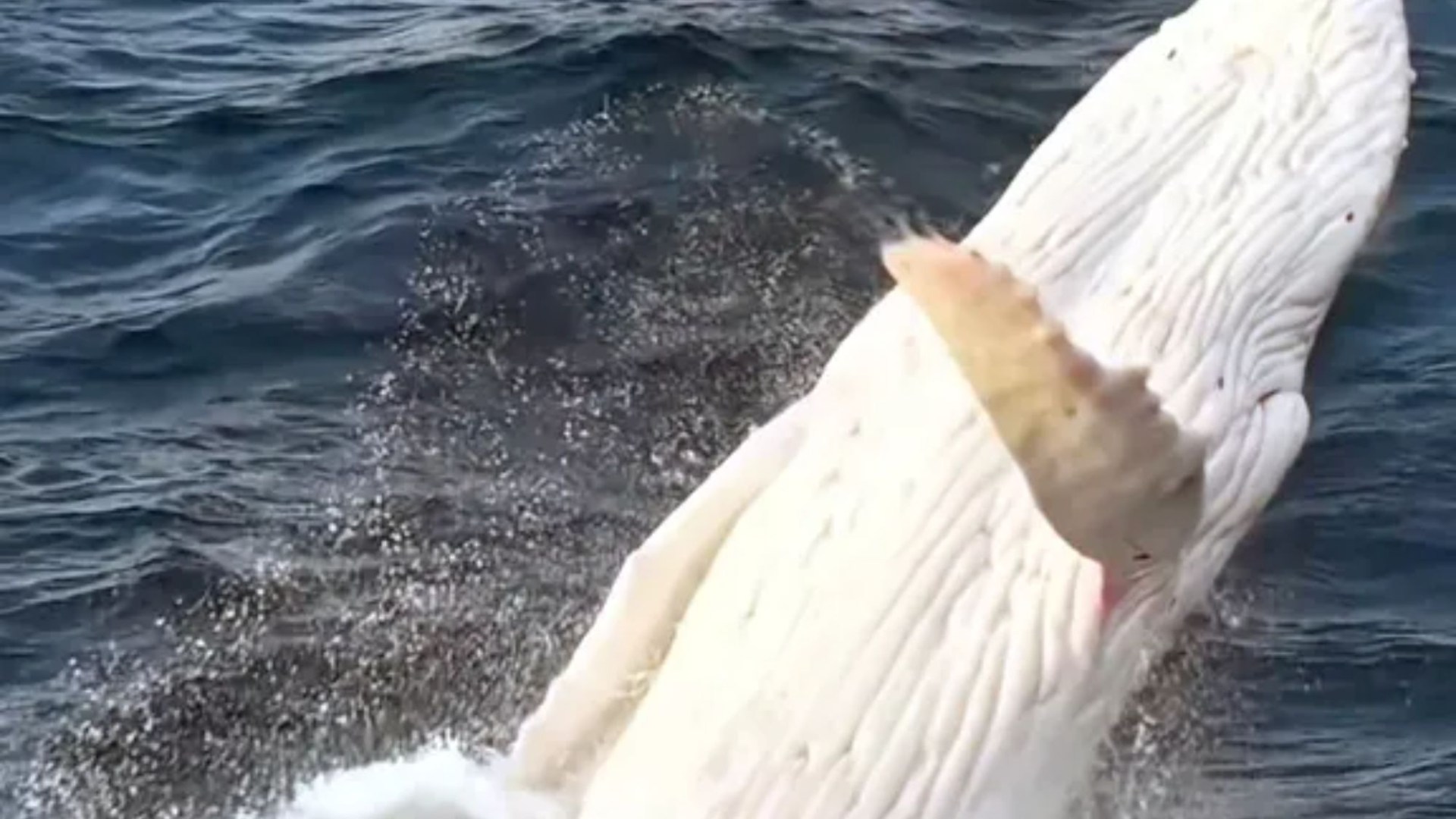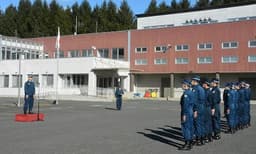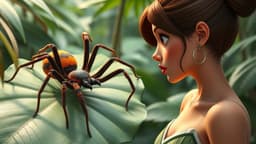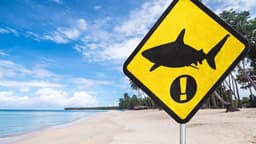Home / Environment / Rare Albino Humpback Whale Spotted Off Australia's Coast
Rare Albino Humpback Whale Spotted Off Australia's Coast
11 Nov
Summary
- Albino humpback whale sighted off east coast of Australia
- Drone footage captures the rare mammal breaching the water
- Albino whales are extremely rare, with 1 in 40,000 chance for humpbacks

On 2025-11-11T00:54:47+00:00, an incredibly rare albino humpback whale was spotted off the east coast of Australia. Drone footage captured the stunning sight of the ghostly white mammal playfully breaking the water's surface.
The albino, or hypopigmented, whale is an exceptionally rare occurrence. Scientists estimate the chance of albinism in humpback whales to be around 1 in 40,000. The unusual appearance is likely caused by a genetic condition that has resulted in a loss of pigmentation, giving the creature its milky complexion.
The drone footage was captured by Isabella Dobozy, who described the sighting as "an exciting afternoon" and "an incredible experience" to witness one of the rarest animals on the planet. Viewers were equally amazed, with comments praising the "incredibly special" and "privileged" moment.
This sighting comes just months after a white killer whale was spotted off the coast of Japan's Hokkaido island, and a rare white orca calf was observed off the coast of California last year. These ghostly white whales are a true marvel of nature, standing out starkly against their darker-colored pod mates.


